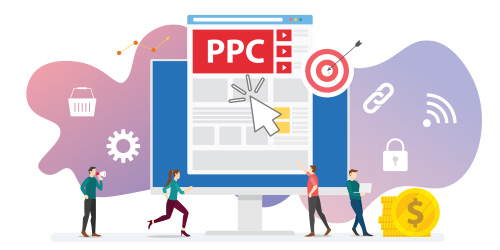
What Is PPC?
Pay-per-click (PPC) is an internet advertising model used to drive traffic to websites, in which an advertiser pays a publisher (typically a search engine, website owner, or a network of websites) when the ad is clicked.
Pay-per-click is usually associated with first-tier search engines (such as Google Ads, Amazon Advertising, and Microsoft Advertising formerly Bing Ads). With search engines, advertisers typically bid on keyword phrases relevant to their target market and pay when ads (text-based search ads or shopping ads that are a combination of images and text) are clicked
Advantages or Disadvantages
The most obvious advantage of pay-per-click is that costs only incur for actual clicks on the advertisement. Advertisers can usually influence and negotiate click prizes, so they can adjust the advertising costs to their own budget. This allows them to maintain full cost control.
In addition, this payment model offers the advantage that scattering loss can be reduced. For example, advertisers can select keywords for Google Ads campaigns that are relevant to their target group with the help of the keyword planner or similar systems. In affiliate marketing, advertisers can also reduce scattering loss by selecting affiliate websites that are related to their own products and are therefore visited by many potential buyers.
However, this model also has disadvantages. For example, there is a high potential for fraud, as clicks can be generated quickly and easily by the affiliate himself, resulting in high costs for the advertising company although their website has not been visited by potential customers.

